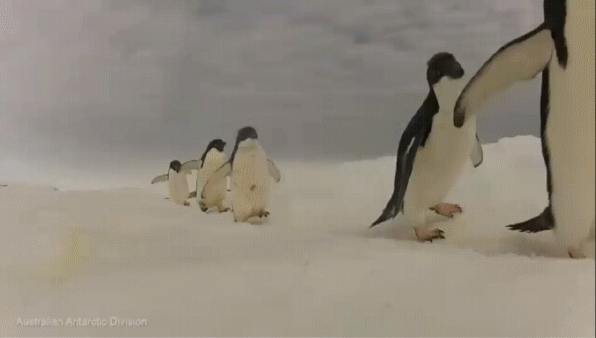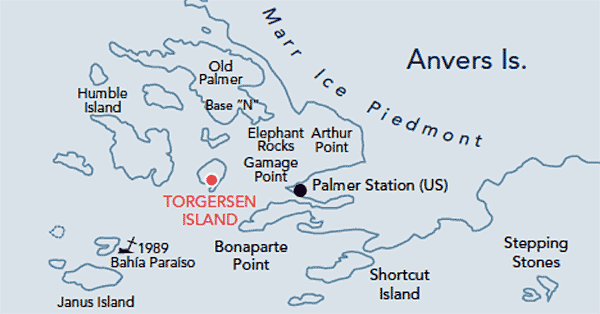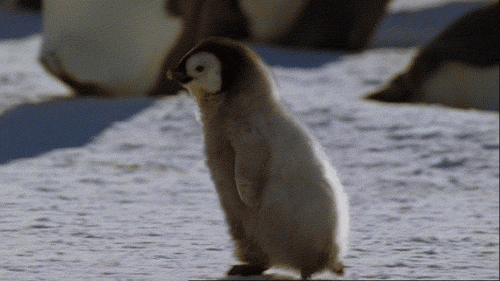
Kelly de Klerk and Chino.
The flightless bird was rescued from dire circumstances after she was spotted on Kozi Bay in the north coast. With a badly damaged hip she was malnourished, dehydrated and looking ‘pitiful’.
Now with her splinted hip and a brand new coat of feathers, she will be raising awareness for her species as the world celebrates Penguin Awareness Day on 20 January.
Last week, the Northglen News met up with Chino and one of her caretakers, uMhlanga resident, Kelly de Klerk, to learn more about these loveable aquatic birds.
“Chino was found with a badly damaged hip. We suspect that she got tangled up in fishing line. As a moulting juvenile she should have weighed 5kg, however she was only 3kg when she was brought in in November,” said De Klerk.Hundreds of penguins, like Chino, are affected by pollution from oil spills to litter every year.
“There has been a significant decline in
penguin numbers over the years. Currently there are only 70 000 pairs,
as opposed to 120 000 pairs thirty years ago,” she said.
According to De Klerk, climate change and over-fishing are two of the biggest threats to the penguins.
“Due to climate change, the oceans are
getting warmer, which means the penguins have to swim further to find
food. The same goes for over-fishing. With less fish, the penguins
sometimes have to swim up 350km to find food,” she said.
Climate change is also messing with their
‘internal clocks’. Before becoming adults, the juveniles have to moult
or shed their old feathers (during which they can’t fish).
“With the change in climate the birds are trying to adapt, however, the rate of climate change is moving too fast for some species, which means many begin to moult earlier or much later than normal,” she added.
However, De Klerk said the outlook was not completely bleak. “Penguins are survivors of note. Every day is a fight for survival.
“They live in the most uninhabitable places
and with a number of conservation, breeding and research programmes
underway we will soon be able to maintain their numbers. In the meantime
the public can do their bit to limit their impact on these lovable
birds by recycling,” she said.


















No comments:
Post a Comment